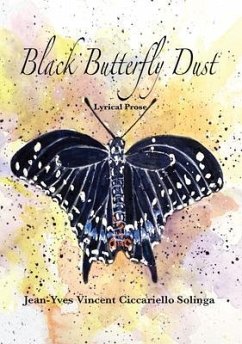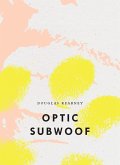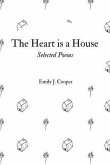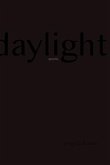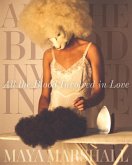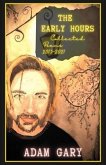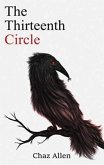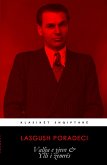The necessary isolation, imposed by the pandemic during a good part of the writing of this book, presented Jean-Yves Solinga with apparently the same situation as Michel Eyquem Sieur de Montaigne, one of the most significant philosophers of the French Renaissance, who had locked himself in one of his towers, away from society [away from humans] to study.... to better understand the human mind in its social settings! He "retired early" from life after a successful social and political life to work on his "essais". He wanted to delve into human nature and its universal traits (if any).
Montaigne is who came to the author's mind when his topics dealt with larger subjects: "What is it that we can learn that IS universal in each of us?" Not that we are not wonderfully different: but rather that there are nuggets of the universal in each of us... Not unlike human DNA, the basic origin of our being. Our DNA has made and still makes all of us (at least until some scientific lab comes up with alternatives).
"Here I was... all alone for months, writing about women... men... as social animals."
Jean-Yves uses religious artifacts and references to build antithetical contrasts with the fleshy amoral present. His poetry continues his wanderings between another two poles, two concepts: The fragile, ephemeral weight of human thought and the enormity of the stuff of the universe.
This book is the result of Jean-Yves' observations, which, like Montaigne, often go from the particular to the universal.
Montaigne is who came to the author's mind when his topics dealt with larger subjects: "What is it that we can learn that IS universal in each of us?" Not that we are not wonderfully different: but rather that there are nuggets of the universal in each of us... Not unlike human DNA, the basic origin of our being. Our DNA has made and still makes all of us (at least until some scientific lab comes up with alternatives).
"Here I was... all alone for months, writing about women... men... as social animals."
Jean-Yves uses religious artifacts and references to build antithetical contrasts with the fleshy amoral present. His poetry continues his wanderings between another two poles, two concepts: The fragile, ephemeral weight of human thought and the enormity of the stuff of the universe.
This book is the result of Jean-Yves' observations, which, like Montaigne, often go from the particular to the universal.
Dieser Download kann aus rechtlichen Gründen nur mit Rechnungsadresse in A, D ausgeliefert werden.

